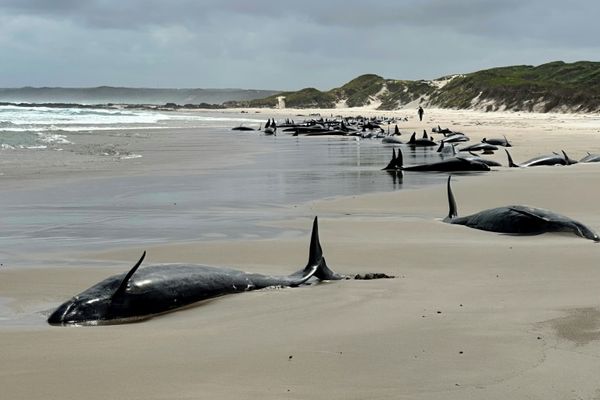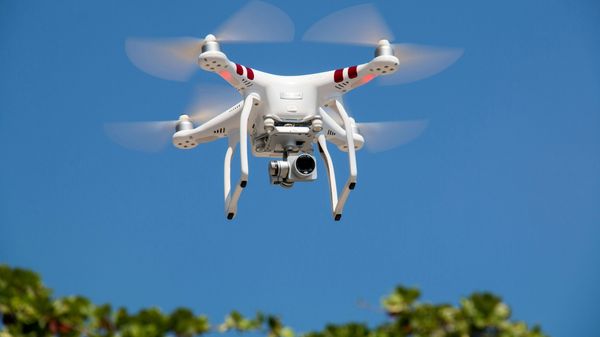
A last-minute winner no doubt helped, but England’s day out in Volgograd passed without major incident, with visiting fans praising a particularly warm reception from their hosts.
The anticipation that political tensions might spill into trouble had, however, had a major impact on the travelling numbers. Inside the stadium, a number of seats were empty. Earlier in the day in the fan zone built in the Square of Fallen Fighters near the Volga River, the red-shirted throngs of Tunisia fans outnumbered, outsang and outdanced the England fans.
The African nation had reason to be happy: they were taking part in the World Cup for the first time in twelve years.
Most of the English fans blamed the low attendance for a 2-1 win on what they described as alarmist press stories. The ones who travelled were the brave, said James Pemble, 22, a long-time supporter from Kent: “My friends said no way they would do Russia after what they read.”
James Lockett, 43, told The Independent that he had been unprepared for the respectful welcome he received in the city formerly known as Stalingrad, calling everyone “nothing but friendly”.
He said he was motivated to learn a lot about the city in return. He planned to visit the city’s memorial complex to the victims of the fight to liberate Stalingrad, the Second World War’s bloodiest battle.
Some of the English fans in Volgograd recalled the events in Marseilles in 2016 first hand. Ernie Bradshaw, a golden toothed, golden tanned gentleman from east London, smiled as he confirmed he was “close to the action” that day. But he said that what happened in France was “history.” He had nothing but praise for his Russian hosts, who were “lovely people”.
Those events in France provoked a clampdown by Russian police. Firm leaders became subject to surveillance, home visits and regular warnings. As a result, there was little expectation of major violence from organised hooligan groups.
Mr Bradshaw had not seen any fighting before the game, or at least not with any Russians. There had been a “minor altercation” with another fan from Liverpool, he admitted, and that was why his shirt was covered in beer.
Earlier in the day, Russian police reported that two English fans had been arrested and thrown off a train on the way to Volgograd. At least one of the men had tried to punch a hole in a glass door, authorities suggested. His efforts left him with laceration injuries to his fist.
But such violence was the exception rather than the rule today. The two sets of fans interacted with one another, and with the locals, in a good natured and well-disposed manner. Many Russians had come to the fan zone wearing English shirts — club and country. Some of the natives even joined in the England chanting. Pockets of English fans responded in kind with their own chants of “Putin, Putin.”
Earlier in the day, an English delegation headed by the FA chief Greg Clarke and deputy ambassador Lindsay Skoll visited the complex to lay a wreath in honour of the war dead.
“The Stalingrad thing really puts things into perspective,” Mr Lockett said. “People are people, and ordinary Russian fans have nothing to do with the current tensions [between Russia and the UK].”
Alex Pierce, 19, from Frodsham, Cheshire, agreed. But he said the warm reception had “weirded” him out. It was almost too friendly.
“Everything is so over the top,” he said. “I was speaking to a Russian ultras fan yesterday, and he had the words Marseilles 2016 tattooed on his calf. But all he wanted to do was hug me.”







